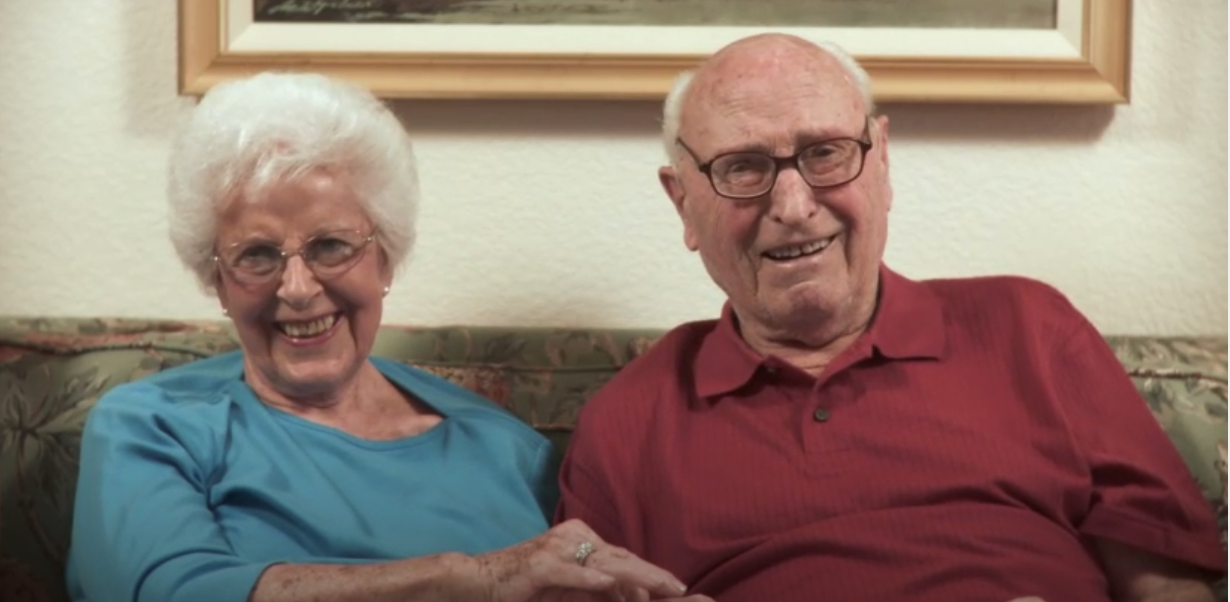The Elders: Everyone Is a Story

An adult developmentalist recently told me that the main reason he enjoyed studying older adults is because “their bodies contain so many interesting variables” that are easily extracted with quantitative measures. To be sure, variable-oriented developmental science has contributed significantly to our understanding of the aging process. Many would agree, however, that a valid understanding of aging requires relating directly to older adults—speaking with them, and most importantly, listening to them. The experience of aging is not a detachable quality; it is gleaned from what aging adults choose to tell us. In The Elders, videographer Nathaniel Hansen seeks to understand what aging is like through interviews gathered with 10 arresting elders. With remarkable self-disclosure that springs from trust, they relate memories of incidents, events, and boiled down lessons of life—pleasant and unpleasant—that have shaped and comprise who they are. The essence of this beautiful set of autobiographical narratives is defined by 96-year-old Louise Denham, the lead-off elder in the series: “Everybody and everything has a story. We all have a history of some kind. Everybody not only has a story. Everybody is a story. You are creating your own story every day of your life.”
